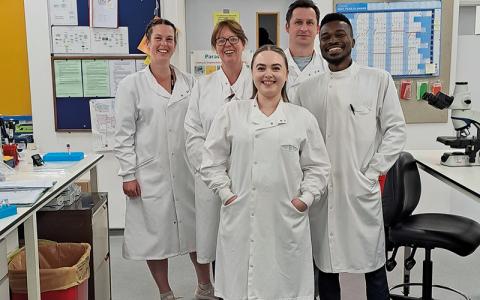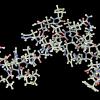September 2023
My lab: clinical diagnostic parasitology
Unit Manager Jayne Jones gives a guided tour of her laboratory at the Liverpool School of Tropical Medicine.
A better digital offering
Dan Nimmo, IBMS Head of Communications, provides an update on the new website and CPD system.
World Alzheimer’s month
Laboratory Manager Francis Yongblah talks through his personal experiences supporting service users with Alzheimer’s and dementia.











